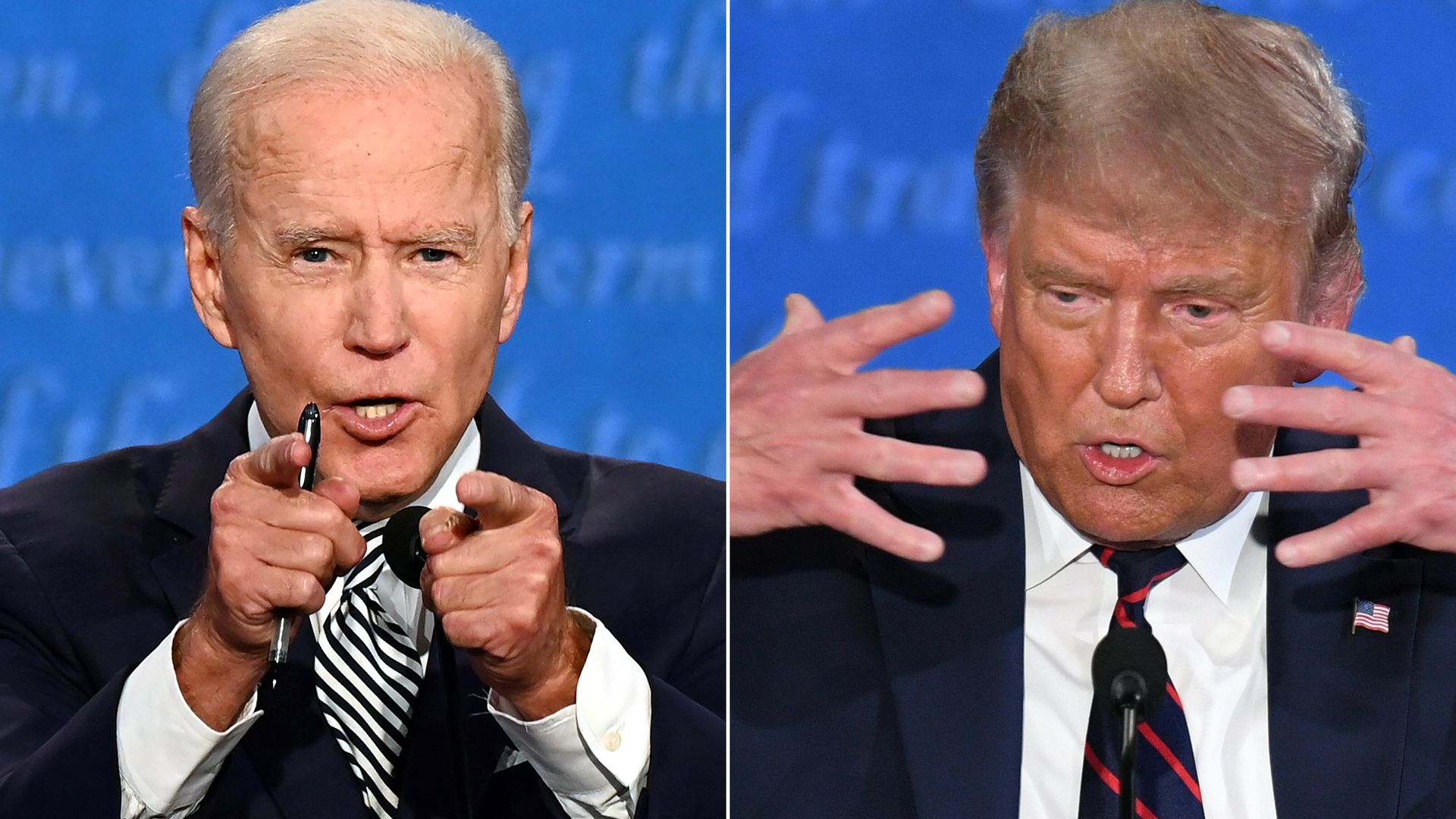 On this episode of The Final Countdown, host Ted Rall and guest host Steve Gill lead a full-show discussion on the aftermath of Trump’s assassination attempt.
On this episode of The Final Countdown, host Ted Rall and guest host Steve Gill lead a full-show discussion on the aftermath of Trump’s assassination attempt. The Final Countdown – 7/15/24 – Nation Reacts to Trump’s Attempted Assassination
 On this episode of The Final Countdown, host Ted Rall and guest host Steve Gill lead a full-show discussion on the aftermath of Trump’s assassination attempt.
On this episode of The Final Countdown, host Ted Rall and guest host Steve Gill lead a full-show discussion on the aftermath of Trump’s assassination attempt. 
 Why, frustrated Democrats are asking, is the news media ignoring signs that former President Donald Trump is (also) suffering cognitive impairment? Why are they focusing on President Joe Biden’s debate performance and calling on him, but not
Why, frustrated Democrats are asking, is the news media ignoring signs that former President Donald Trump is (also) suffering cognitive impairment? Why are they focusing on President Joe Biden’s debate performance and calling on him, but not 
 What, exactly, is wrong with Joe Biden?
What, exactly, is wrong with Joe Biden?